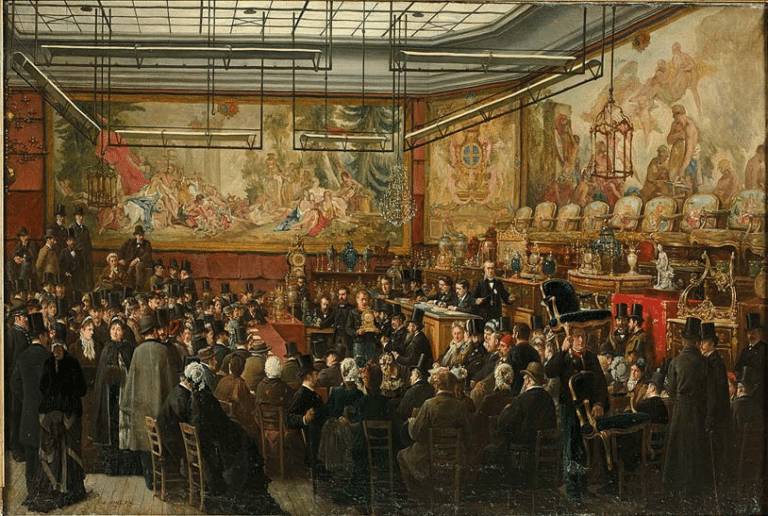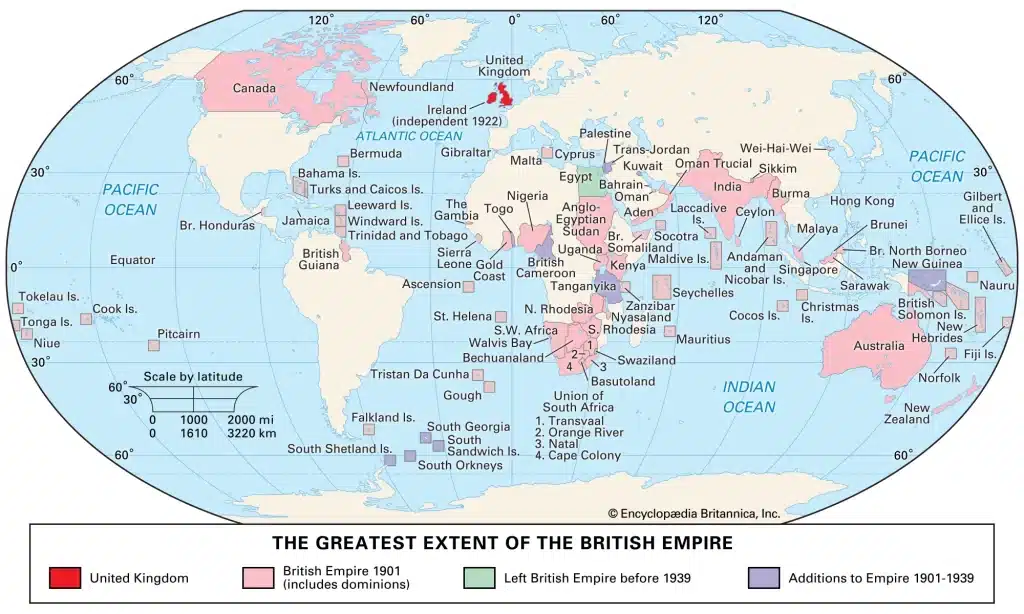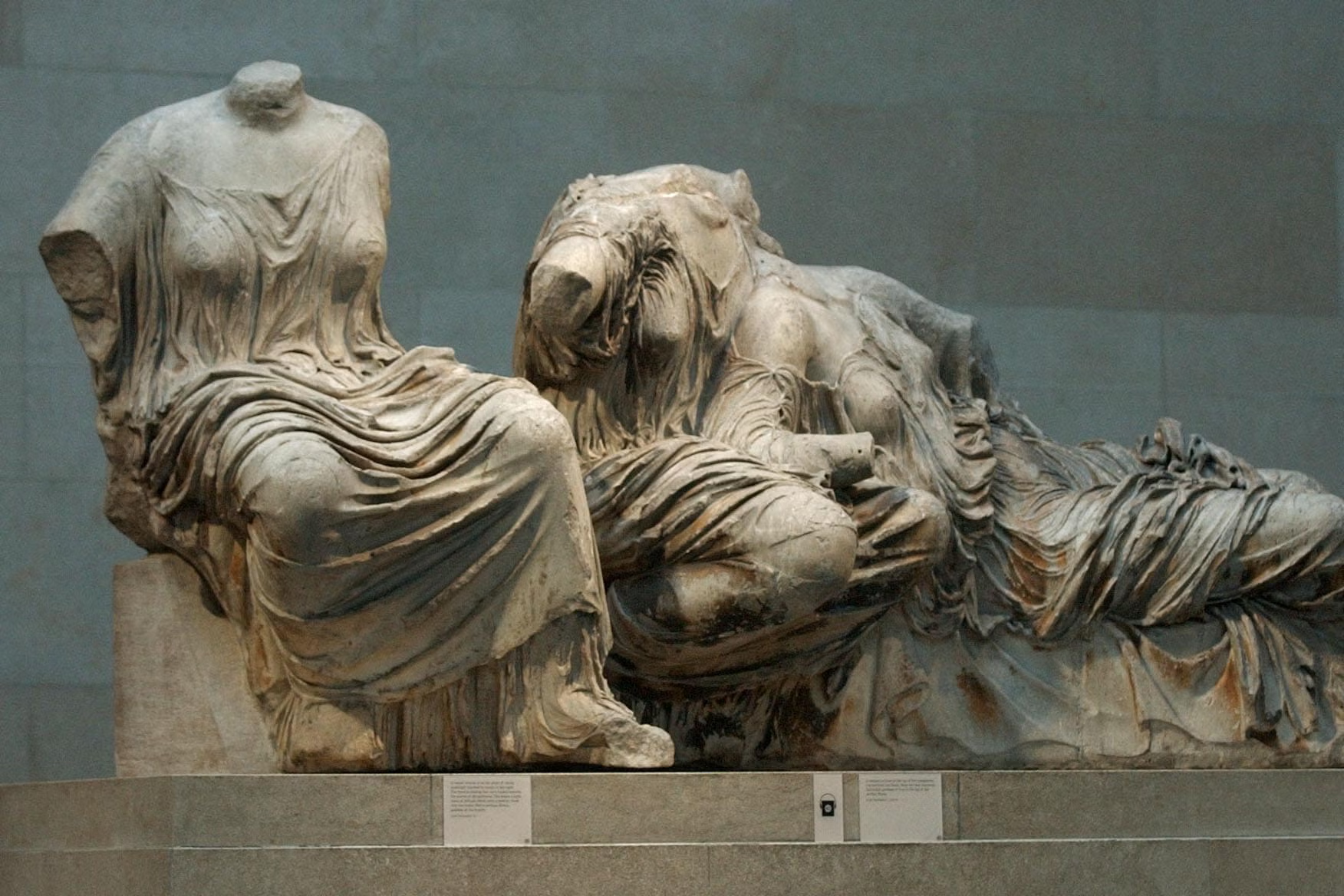Global trade and colonialism have had profound and far-reaching impacts on various aspects of society, including the world of auctions. Through historical exploration and examination, it becomes evident that these forces have greatly influenced the art, antique, and collectible markets, shaping the way auctions are conducted and the items that are up for bidding.
Additionally, global trade and colonialism played a crucial role in the establishment and growth of auction houses themselves. As trade networks developed, trading companies and merchants sought reliable methods to sell their goods, leading to the establishment of auction houses as venues for public sales. The impacts of global trade and colonialism on auctions are undeniable and continue to shape the industry today. This article will delve deeper into these influences, exploring how they have evolved over time and examining the legacy they have left in the world of auctions.

Table of Contents
•Historical overview of global trade and colonialism
•The rise of global trade and European colonialism
•Impact on economies, cultures, and social structures
•Establishment of trading companies and merchant classes
•Auction houses as venues for selling diverse goods
•The emergence of auctions in the context of global trade and colonialism
•Dutch East India Company (VOC) and regular auction events
•British East India Company and auction houses in the UK
•Expansion of colonial empires and accumulation of goods
•Auctions as a dominant commercial practice
•Notable auctions influenced by global trade and colonialism
•The Rothschild Collection sale in 1999
•The Tyburn Collection auction in 2010
•Debate over culturally significant objects
•Controversies and ethical considerations surrounding auctioned items with colonial origins
•The Elgin Marbles controversy
•Sale of indigenous art, artifacts, and sacred objects
•Exploitation of marginalized communities and perpetuation of colonial power dynamics
•Case studies
•Christie’s and its rise during British colonial expansion
•Sotheby’s and its role in selling rare books and manuscripts
•Catering to the tastes and demands of the British elite
•Conclusion
Historical overview of global trade and colonialism

The rise of global trade and European colonialism significantly impacted economies, cultures, and social structures worldwide. As trade networks expanded, the exchange of goods and ideas became increasingly interconnected, fostering economic and cultural interdependence. Central to this exchange were trading companies and merchant classes that capitalized on opportunities in distant markets, leading to the establishment of auction houses as reliable venues for selling diverse goods to both domestic and international buyers. While auctions trace their origins to ancient civilizations like the Greeks and Romans, they truly flourished during the era of global trade and colonialism. This period saw a dramatic increase in the variety and volume of goods available for auction, catering to the growing global consumer class. The auction process became integral to the commercial landscape, reflecting the insatiable demand for unique items as trade routes expanded and colonial empires grew.
The emergence of auctions in the context of global trade and colonialism
The rise of auctions as a dominant commercial practice can be directly attributed to the growth of global trade and the expansion of colonial empires. As trading companies and merchants sought to efficiently sell the diverse range of goods they acquired from around the world, auction houses emerged as the ideal venue for these public sales. One of the earliest and most prominent examples is the Dutch East India Company (VOC), which established regular auction events known as “vendutie” to manage the sale of spices, textiles, art, and collectibles it had accumulated across Asia.

Similarly, the British East India Company played a pivotal role in the development of auction houses in the UK. As the company amassed a diverse collection of goods from the Indian subcontinent and China, it turned to auction houses like Christie’s and Sotheby’s to facilitate the sale of these items to a growing international clientele. The expansion of colonial empires and the accumulation of goods from around the world directly contributed to the rise of auctions as a dominant commercial practice.
Notable auctions influenced by global trade and colonialism
One of the most renowned examples is the sale of the Rothschild Collection in 1999, which included a vast array of art, antiques, and collectibles acquired by the Rothschild banking dynasty over centuries of global trade and investment. The collection, which spanned multiple continents and cultural traditions, fetched a staggering $1.2 billion at auction, underscoring the immense value and cultural significance of objects that had been shaped by the forces of globalization and colonialism.

Another notable example is the auction of the Tyburn Collection in 2010, which featured a diverse array of artifacts and relics from the British Empire’s colonial possessions. The collection, which included items such as ceremonial weapons, religious icons, and personal effects, sparked intense debate and controversy over the ethical considerations surrounding the ownership and sale of such culturally significant objects.
Controversies and ethical considerations surrounding auctioned items with colonial origins
As the auction industry has become increasingly intertwined with the legacy of global trade and colonialism, it has also faced a growing number of ethical and legal challenges. One prominent example is the ongoing debate surrounding the ownership and display of the Elgin Marbles, a collection of ancient Greek sculptures that were removed from the Parthenon in Athens by Lord Elgin during the early 19th century. The sculptures, which have been housed in the British Museum for over 200 years, have been the subject of intense negotiations and legal battles, with Greece and other nations demanding their return to their country of origin.

Similarly, the sale of indigenous art, artifacts, and sacred objects has raised concerns about the exploitation of marginalized communities and the continued perpetuation of colonial power dynamics. Auction houses have been criticized for their role in facilitating the trade of such items, often without the consent or involvement of the communities from which they originated.
Case studies
To fully understand the impact of global trade and colonialism on the auction industry, it is essential to examine the histories and legacies of specific auction houses that have been deeply shaped by these forces.
One such case study is Christie’s, one of the world’s oldest and most prestigious auction houses. Founded in 1766 in London, Christie’s rose to prominence during the era of British colonial expansion, becoming a hub for the sale of exotic goods and collectibles from around the world. The company’s early success was closely tied to its ability to cater to the tastes and demands of the British elite, who sought to acquire a diverse array of cultural artifacts and luxury items from the far-flung corners of the empire.
Another example is Sotheby’s, which has similarly deep roots in the global trade and colonial networks that defined the 18th and 19th centuries. Established in 1744 in London, Sotheby’s quickly became a leading auction house for the sale of rare books, manuscripts, and other culturally significant objects, many of which were acquired through the exploits of colonial powers and trading companies.
Conclusion
The far-reaching impacts of global trade and colonialism on auctions are undeniable, shaping the industry’s origins and the items bought and sold. As the world becomes increasingly globalized, this influence has intensified, with auction houses serving as hubs for exchanging culturally significant objects with complex histories. While ethical and legal challenges surrounding ownership and sale of such items have increased, the auction industry remains a vital part of the global economy, reflecting the power of trade and the human desire to acquire. As the industry confronts its past, it must acknowledge the histories and dynamics that have shaped its evolution to move forward in an equitable and ethical manner.

